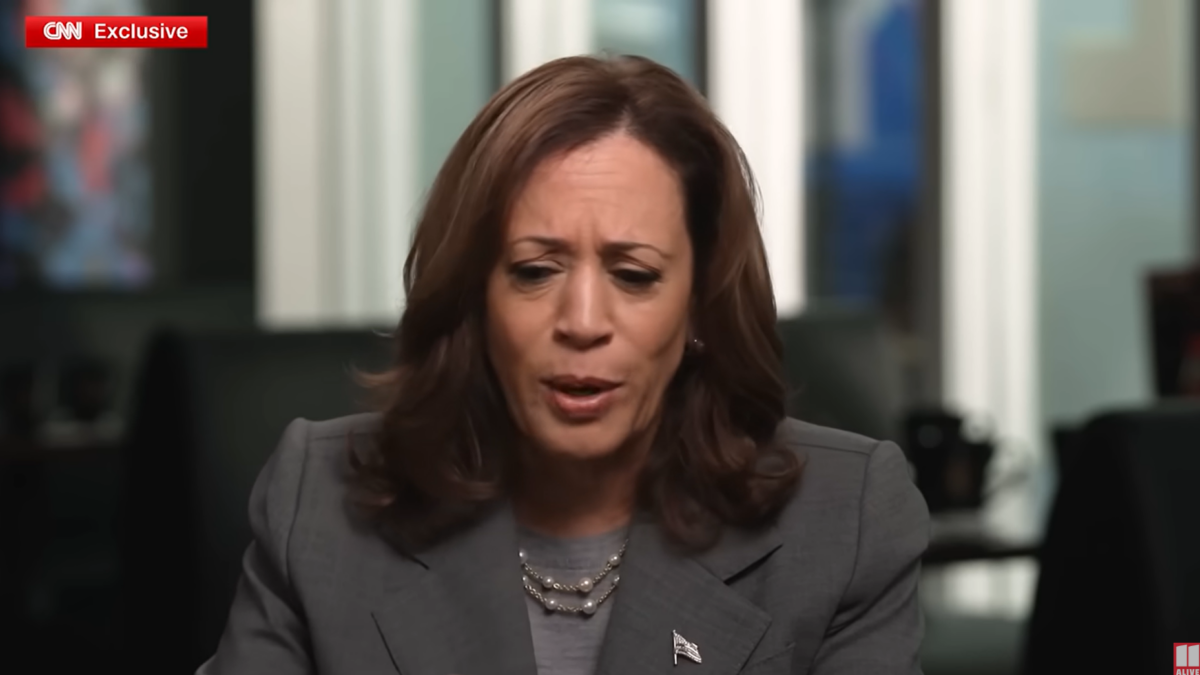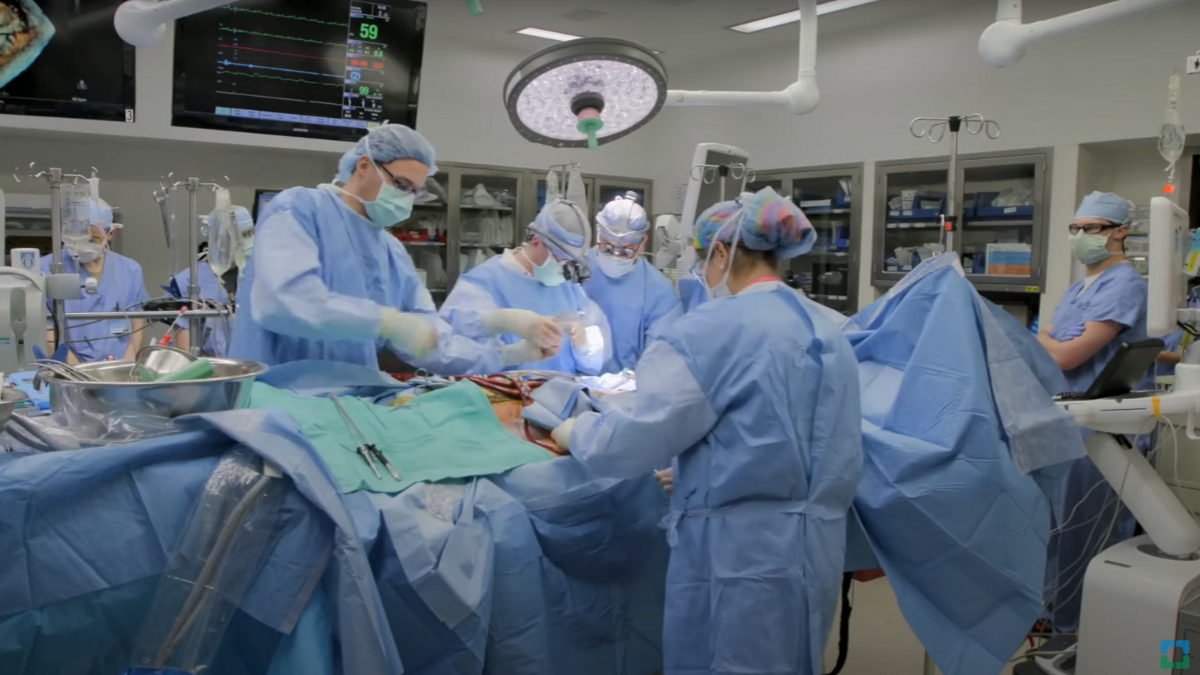
Greg Sargent asks a solid question: “What should the labor movement look like in the age of Uber?” President Obama and many labor organizers recently held a Summit on Worker Voice, yet statements from the White House lead us to believe they do not understand the current or future state of labor policy.
Cecilia Munoz, director of the White House Domestic Policy Council, said: “We have invited labor unions and workers themselves, along with companies that are engaged in the on-demand economy,” in order to “lift up what is a really challenging set of issues” and “get out in front of something that’s changing…How to maintain collective bargaining rights — which are at the very core of worker empowerment — amid all this change will be a pressing question.”
Sargent identifies a core challenge for Democrats: their ability to “convincingly make a case for a government role in addressing all of these changing economic and organizing challenges.”
What’s clear to most folks is that companies like Uber and Airbnb have taken off by not asking for permission to exploit how over-regulated their competition is. Free markets work best by providing seamless services that meet the public’s needs. This has unleashed a flurry of new, flexible ways to make money in the “gig” economy, and consumers are embracing it.
People Want Cash, Not Benefits
The Left and the labor movement especially find it shocking that employees want flexibility and are comfortable being compensated solely with money and not benefits. Employees don’t want the goodies labor unions have demanded for so long. The labor movement has been blind to millennials and most Gen Xers, who don’t believe they’ll get Social Security or Medicare, nor in forgoing a salary for a potential public pension when it’s clear that most states won’t make good for even Baby Boomer retirees.
For so long, labor has negotiated “benefits” that aren’t going to benefit the next generation of workers. Politicians have been happy to play this game, since they wouldn’t be in office when the promises came due.
Uber and other disruptive businesses, however, accept the reality that cash is king. It’s the easiest way for two parties to be clear about what each will get. Cash can buy one’s health care individually and be set aside in savings via apps like Acorn that ferret your spare change in any transaction to an exchange traded fund. Technology and ingenuity continue to improve these transactions, with less friction than prevailing methods.
Concierge care has gained popularity as health insurance becomes so cumbersome that cash is the best way to see a doctor. Telemedicine makes it easy to access a doctor at low cost for common ailments. Theranos makes it a bargain to send full blood panels to a doctor for pennies from local pharmacies. Their tests require a single drop of blood. Biotech companies are bringing devices to market that deliver insulin to diabetes patients for up to a year with better results than the current daily dosing.
Technology is moving rapidly, dropping costs and increasing convenience. It’s putting employees in the driver’s seat. This might be a great opportunity to stop mandating that doing work for an agreed sum of money requires so much transaction overhead (i.e., specific benefits besides money). Why not reduce the friction of hiring so workers have more options?
Entrepreneurs Implode Regulation
Instead, the Left sees companies like Uber and fears they’ve lost control. It’s understandable, if you’re trapped into thinking an employer is meant to be a parent. But a job should not be the primary way people obtain birth control. A pharmacy or drug store can suit folks just fine. The more the Left pushes employers to “provide” specific benefits, the more incentives they create to not hire someone. The harder you make it to hire or fire someone, the harder it becomes for employers to take a risk on someone who may not look great on paper but has a spark that would otherwise induce an employer to give them a shot.
Innovation often comes from tearing down burdens we’ve built between people, creating a more free and prosperous economy that works for more people. The Regulatory Revolution is coming, as innovators work around real and virtual transaction barriers . The tech companies that attended to the White House’s Worker Summit were like visitors from the future meeting with people mired in the past. Organized labor is not capable of adapting, because labor is becoming self-organized.
The Left must leave 1955 behind and create space for more flexibility, not less. While there is a legitimate need for debating how to create stability in a faster-moving economy, technology is rapidly addressing people’s need for stability and benefits without government. This is a direct response to government’s repeated failures to deliver on benefits. Federal entitlements will soon consume its entire budget, state pensions are already in crisis, and the U.S. Department of Veterans Affairs has failed to treat sick veterans for so long that many are dying on wait lists.
We Can Make Employment Win-Win Again
The push for employers to provide controversial goods and services has put average Americans in conflicts that should never have occurred. The Little Sisters of the Poor shouldn’t be forced to buy anything that violates their beliefs. This is how paying people with money protects us all. It’s a neutral way to convey value that can purchase whatever one needs without involving an employer in the transaction. As the government pushes for a $15 minimum wage, mandated abortifacient coverage, and likely paid abortion coverage, it will continue to divide everyone. As worker’s “rights” get more onerous, the likely result will be fewer workers, which doesn’t seem right.
If we, along with New York City Mayor Bill de Blasio, want to make America fair again, what would be more fair and honest than being paid in cold, hard cash, setting your own hours, and deciding how to spend one’s own income? The first thing workers need “protection from” is regulations that make it hard to get a job. Any Worker’s Summit should be starting there instead of looking for ways to prevent the next Uber or the next innovation that creates more paying jobs for the average American.
If you want a car, call Uber. If you need a doctor, have a live video chat with one. If you want to save for retirement, there’s an app for that, too. I echo Sargent, in that this will be one of the more important debates of the near future and set the stage for either more freedom and prosperity, or more conflicts and less innovation.









